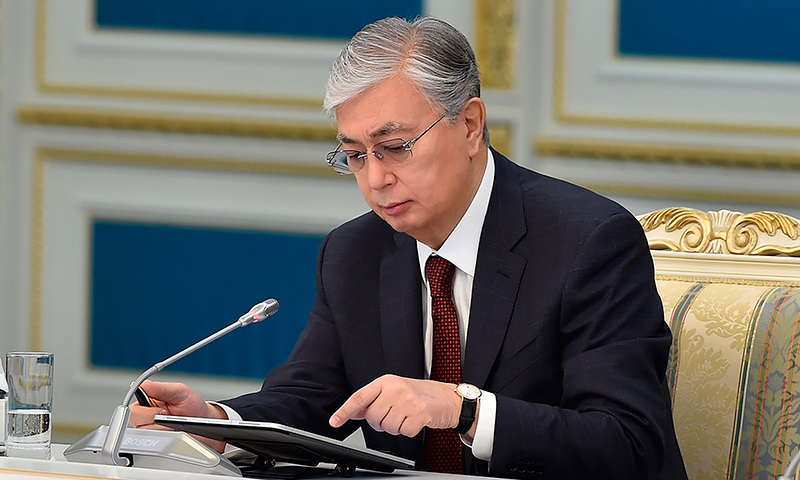ASTANA: President Kassym-Jomart Tokayev has approved two laws in Kazakhstan: “On Amendments and Additions to Certain Legislative Acts of the Republic of Kazakhstan Regarding the Protection of Women’s Rights and Children’s Safety” and “On Amendments and Additions to the Administrative Offenses Code of Kazakhstan Regarding the Protection of Women’s Rights and Children’s Safety.” These laws significantly bolster protections for children and women. The Kazakhstan Senate passed them on April 11, following approval by the Mazhilis, the lower house of Parliament, on February 21. This legislation marks a pioneering step for the protection of women and children in the Commonwealth of Independent States region.
Developed in collaboration with the Commissioner for Children’s Rights, members of Parliament, and various government agencies, the laws were guided by President Tokayev’s directives. They aim to enhance the security and safety of families and children nationwide by establishing a robust infrastructure to support vulnerable individuals and prevent instances of violence.
The legislation introduces norms to strengthen accountability for all forms of violence against females and children, fortify the institution of the family, and improve children’s safety. Notably, intentional infliction of harm to a child’s health and battery are now criminalized. Furthermore, accountability for intentionally causing moderate to severe health damage has been heightened.
Criminal Liability in Kazakhstan
Regarding criminal liability, individuals who aid or incite suicide, as well as those who promote it, are now subject to prosecution. Additionally, sexual harassment of individuals under sixteen is criminally punishable. Penalties for child abduction and unlawful imprisonment have been significantly strengthened, underscoring a broader commitment to safeguarding young people.
Administrative responsibility has been established for bullying, including cyberbullying, of children, marking the first time such provisions are enacted. Educational institutions must promptly report any illegal acts involving children to law enforcement to ensure their safety in academic settings.
Furthermore, to safeguard minors under sixteen in public transport, a new regulation prohibits their forcible removal due to fare non-payment. Additionally, foundations have been laid for a contact center dedicated to family matters and the protection of women’s and children’s rights. Government bodies are now mandated to collaborate and inform the center about responses to public appeals.

























